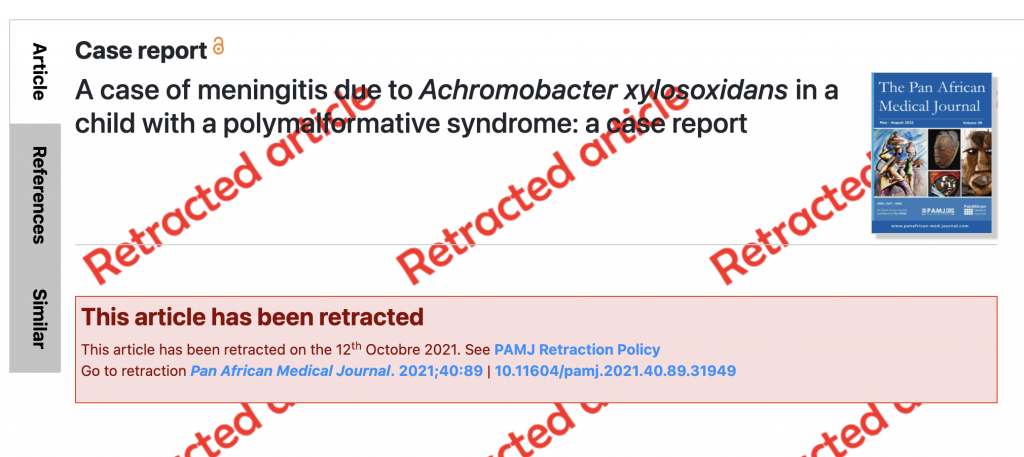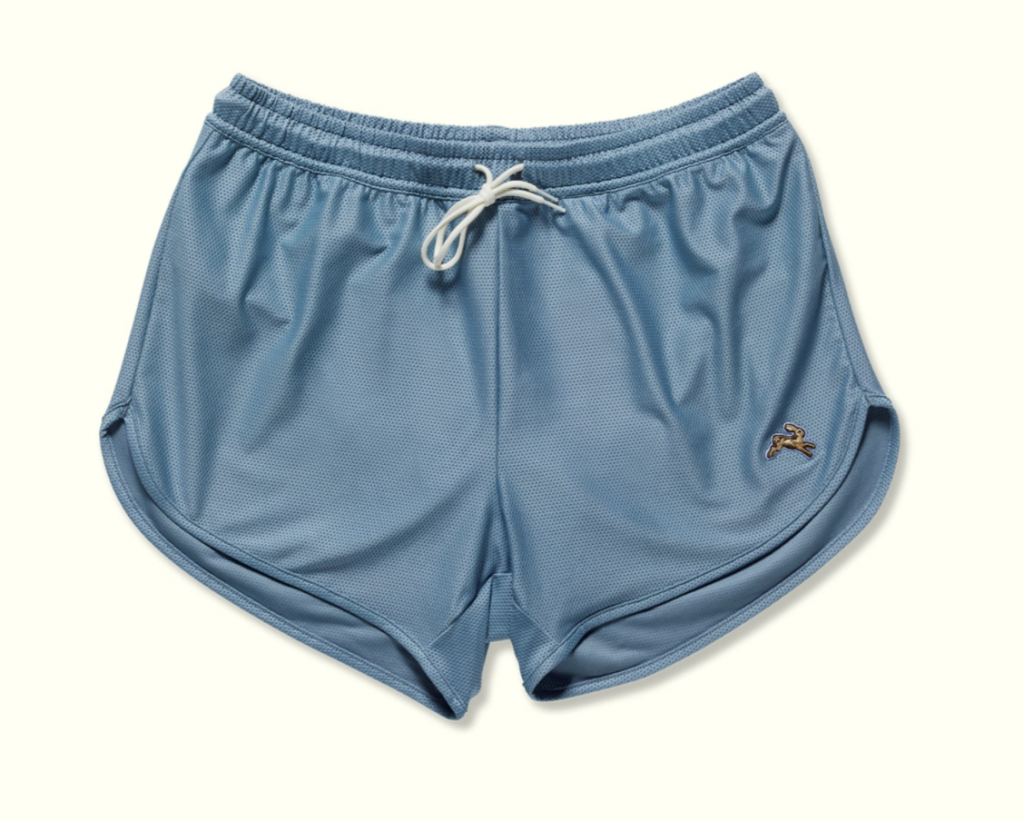
Welcome to another edition of Weekend Reads. Because our site was down for several days starting last Saturday morning, there was no Weekend Reads last week, and this is a double edition.
Before we present this week’s Weekend Reads, a question: Do you enjoy our weekly roundup? If so, we could really use your help. Would you consider a tax-deductible donation to support Weekend Reads, and our daily work? Thanks in advance.
The last two weeks at Retraction Watch featured:
- IEEE retracts plagiarized paper after Retraction Watch inquiries
- Exclusive: University of Glasgow seeking retraction of multiple papers after findings of image manipulation
- Behavioral ecologist Jonathan Pruitt’s PhD dissertation withdrawn
- Science journal retracts paper after university investigation finds ‘carelessness and lack of attention to detail’
- ‘Clear evidence of theft’ brings down meningitis paper with dodgy images
- Bad MATH+? Covid treatment paper by Pierre Kory retracted for flawed results
- Anatomy journal retracts 13 papers
- Springer Nature geosciences journal retracts 44 articles filled with gibberish
- Astronomer apologizes, withdraws preprint slated for PNAS about impact in the field after criticism
- Ivermectin-COVID-19 study retracted; authors blame file mixup
- Paper on how trans youth come of age is retracted following ethics board investigation
- HHS takes three and a half years to tell us “there are no records responsive to your request”…for a letter we know exists
Our list of retracted or withdrawn COVID-19 papers is up to 190. There are now more than 31,000 retractions in our database — which now powers retraction alerts in EndNote, Papers, and Zotero. And have you seen our leaderboard of authors with the most retractions lately?
Here’s what was happening elsewhere (some of these items may be paywalled, metered access, or require free registration to read):
Continue reading Weekend reads, double edition: Scamming journals to publish gibberish; a whole issue with nothing but retractions; ‘the unbearable lightness of scientometric indices’







